Digital is a vital part of a well-constructed marketing plan. In fact, it should be your first consideration when you start your campaign brainstorming. South African businesses can look to the trends shaping digital marketing to make the most of their efforts.
“For businesses and brands to remain relevant and reap the rewards of this transformation, they need to focus on embracing trends and innovations and meeting the ever-changing needs of their customers,” says Cheryl Ingram, CEO of The Digital Marketing Collective (TDMC). According to Ingram, there are at least six trends that small to medium enterprises (SMEs) should pay attention to.
1. AI-powered Personalisation as a Digital Marketing Trend
AI is not a new player to the game – it has been around for a few years now. Yet, the advancements in this field is increasingly affecting the way individuals interact with businesses and their marketing materials, and vice versa.
“At TDMC, our data shows that companies implementing AI-driven personalisation are seeing up to 30% improvement in customer engagement rates,” Ingram explains. “We expect to see the role of AI to become a “non-negotiable necessity” for all businesses, regardless of size.”
South Africans have an interesting task: The country consists of rural areas and city scapes where first-world technology adoption and emerging market need to be balanced. “This presents both a challenge and an opportunity for marketers to create adaptive AI solutions that meet the needs of these diverse market segments,” Ingram says.
2. Digital Marketing with Mobile-first Optimisation
Currently, 92% of every South African household has access to at least one mobile device. This means that the majority of citizens access the Internet through their handheld devices.
If you want your digital marketing to be successful, it’s imperative that you optimise your websites for seamless mobile access. What’s more, mobile commerce is also increasing, and optimised m-commerce platforms will help ensure conversions. This means content, payment gateways and service delivery should be in tip top shape.
3. The Voice Search Trend
Voice search is already a hot topic when accessibility is in discussion. South African SMEs have a unique challenge. With eleven official languages, optimising digital marketing for the adoption of voice search isn’t as easy as deciding on one universal (or most commonly spoken) language. Businesses that are rooted in a particular language, for instance a shop that only serve traditional meals, would most likely stick to a language that is connected with the particular food and dish names rather than trying to promote it in English.
Ingram says successful businesses will be those who overcome obstacles and optimise multilingual voice search, incorporating local dialects and colloquialisms into their SEO strategies.
4. Video Marketing
“Short-form video content is more than just a trend, it is becoming the primary medium for brand storytelling,” Ingram adds. “Our research confirms this, indicating that South African consumers are spending 40% more time watching video content compared to two years ago.”
Due to this, suggests that businesses add collaborations wiht micro-influencers to their digital marketing strategies. This is especially useful for shoppable video content and vernacular content in video marketing.
5. Purpose-driven Digital Marketing
Ingram shares that research shows that 67% of local consumers prefer brands that show genuine commitment to sustainability and social responsibility, therefore, demanding businesses include this in their marketing.
A business that was created around sustainability and social responsibility can easily increase their brand awareness by promoting their purpose from which it was created. Customers love supporting businesses that believe in the same causes that they do.
6. Hybrid Retail Experiences
Hybrid retail experiences are the blend between digital and physical interactions. Many retailers are already succeeding in adding digital features at particular customer touch points. “This includes efforts such as digital loyalty programmes with in-store experiences, as well as virtual events with physical touchpoints,” Ingram says. “Consumers can also expect to enjoy AR-enhanced retail experiences and marketing experiences that are community focused and driven.”
Big brands have started utilising VR-marketing campaigns to perfectly blend the physical and digital worlds to achieve their marketing objectives. They have also integrated AI-driven marketing alongside video and purpose driven marketing. The success that contributes to the increased use of these technologies speaks to itself. The only question that remains is how your business will utlitse them?
Looking to enhance your marketing this year? Take a look at the Digital Marketing Strategy E-Book for SMEs










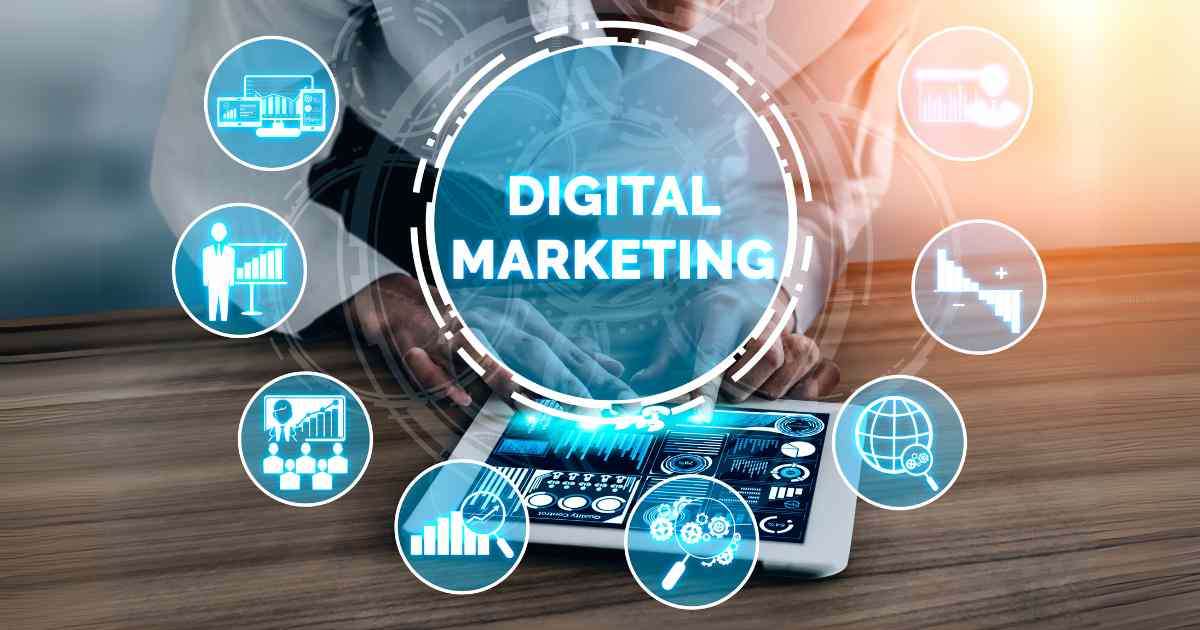


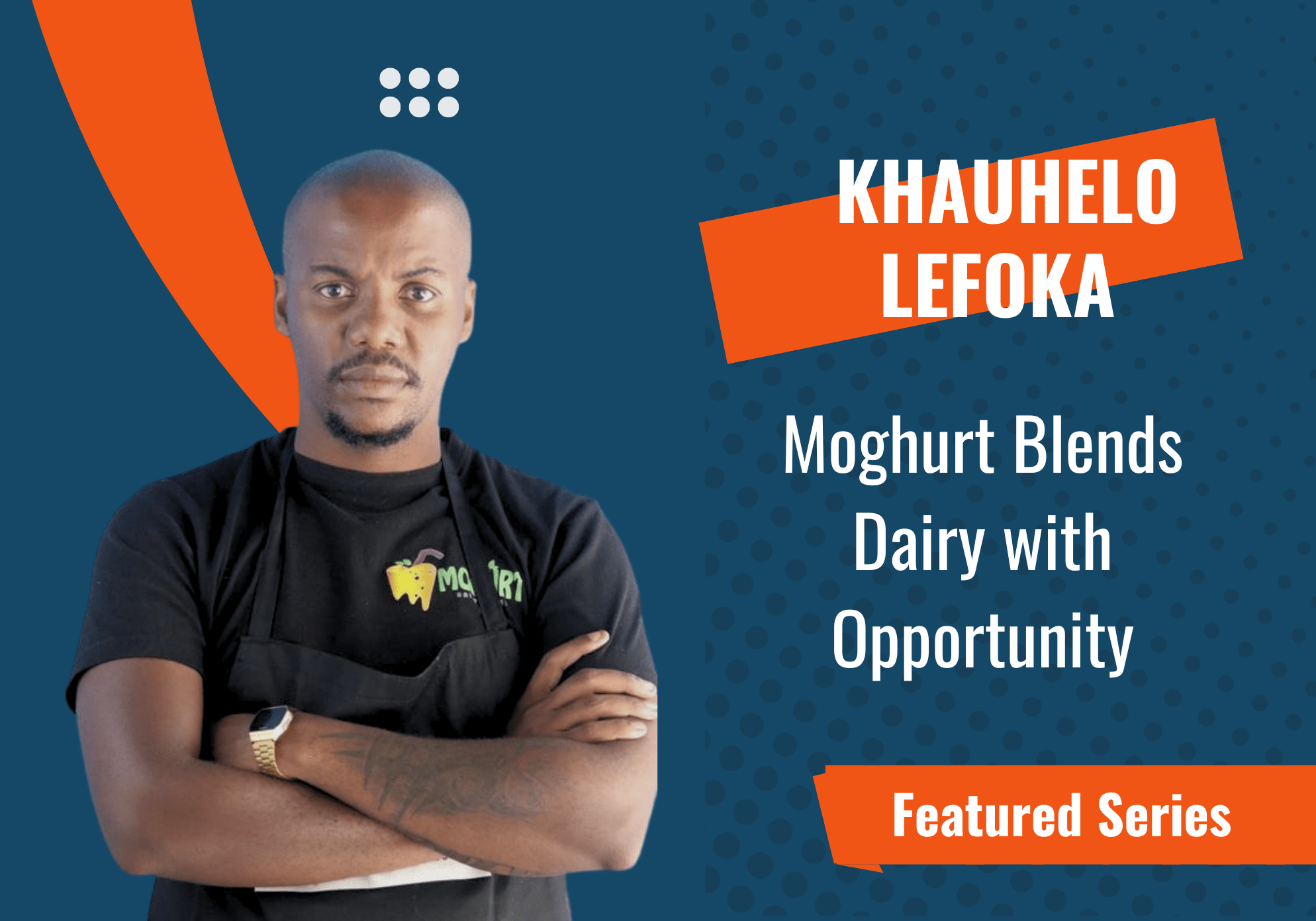


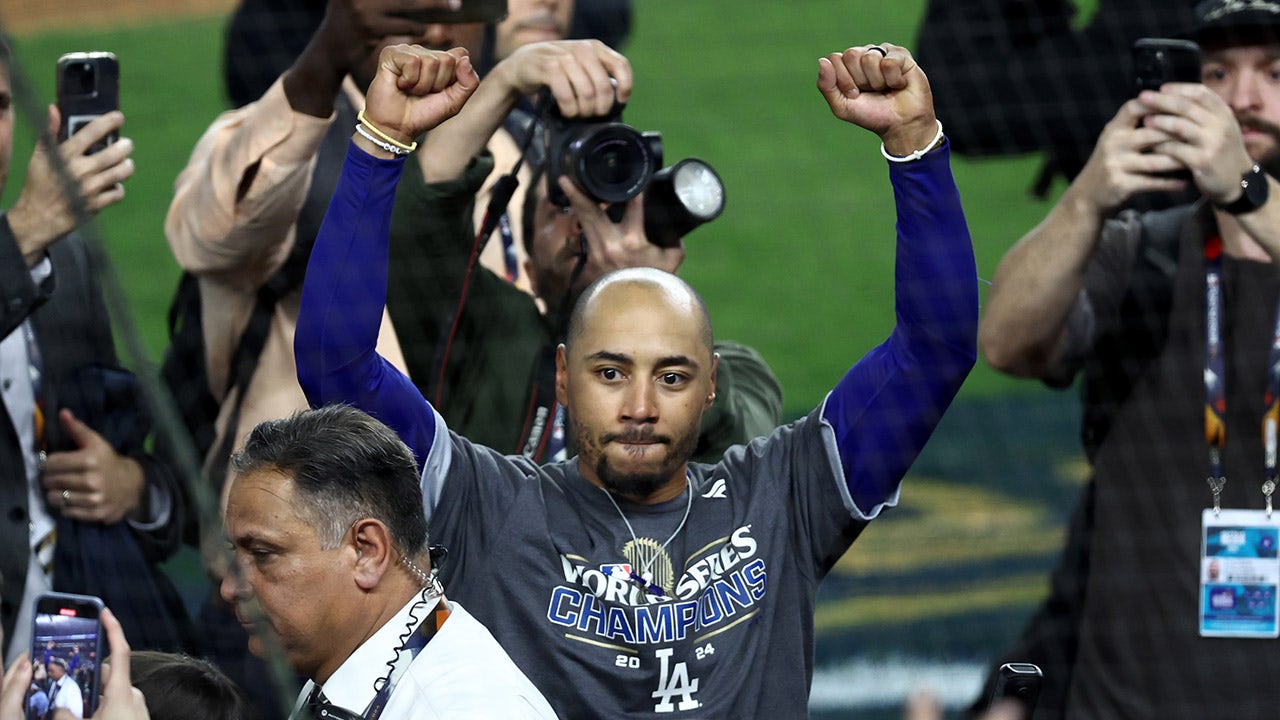
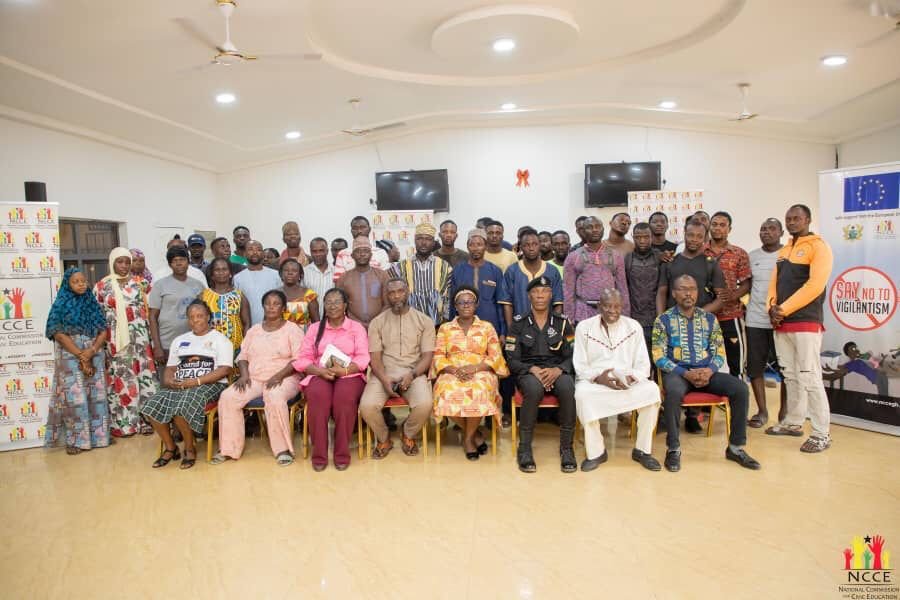
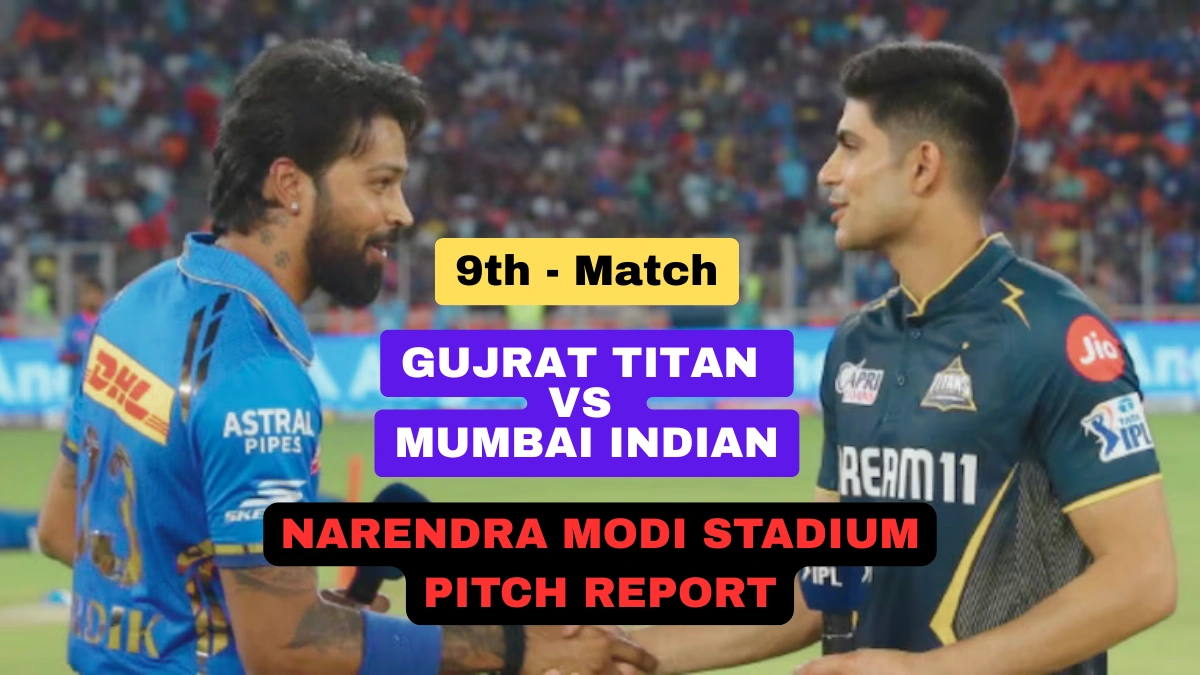

Discussion about this post